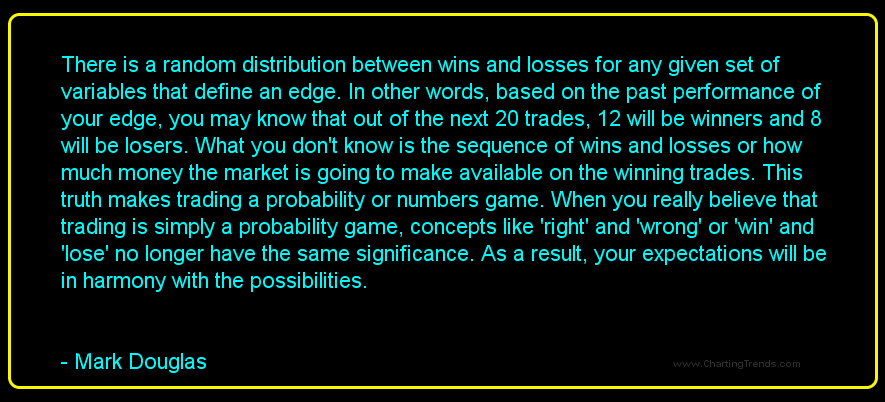
The first big mistake is the flawed logic of extrapolation. Many traders and investors assume that a trend will remain in force until an “event” comes along to change it. But market trends are not like billiard balls on a pool table. This false assumption will put you on the wrong side of the market more times than not, especially at major turning points.
The second big mistake is to suppose that news events drive market trends. In fact, the opposite is true: economic, political and social events lag market trends.






